As a business, one of the most important marketing forms is paid search. If you’re looking to increase your ranking on different search engines, gain more visibility or traffic to your site, or increase your brand awareness, paid search is crucial.
In this digital age, paid search is one of the best ways for your business to be in a position on a search engine results page that it wouldn’t be in otherwise. Having your business advertised to specific audiences that are looking for exactly what your business offers provides several benefits. It opens up your business to new customers, keeps your current customers happy, and expands your overall audience.
So what is paid search? SEO Design Chicago is here to teach you the basics of paid search, how it works, the benefits of paid search, the importance of keywords in paid search, and SEM vs. PPC.

Table of Contents
The Basics of Paid Search
Paid search is a form of digital marketing where search engines like Google and Bing allow advertisers to show ads on their search engine results pages. Paid search works on a pay-per-click model, meaning that until someone clicks on your ad, you don’t pay.
Using paid search is an inexpensive and scalable form of web marketing. It connects your ads with searchers who are actively seeking what your business provides. The most common form of paid search marketing campaigns are pay-per-click, or PPC campaigns. The logic behind them can be summarized simply: you bid for ad placement in a search engine’s sponsored links for keywords related to your business, then you pay the search engine a small fee for each click.
While paying for each click may sound like you’ll end up paying a lot, in a well-designed campaign, the opposite is true. Since your potential customers will see your ads only when they’re searching specifically for the products and services you offer, they are far more likely than a casual browser to be at the point of purchase. With the right research and structure, the paid search ads you place will end up earning you far more than it costs to place them.
How Does Paid Search Work?
Every time there is an ad spot on a search engine results page, an auction takes place for the keyword instantaneously. A combination of multiple factors, including bid amount and the quality of the ad, decide the winner who will appear in the top position.
These auctions are what keep the gears of PPC moving and they begin when someone searches for something on a search engine. If there are advertisers interested in showing ads that are related to a user’s search query, advertisers bid on keywords and an auction triggers. The ads that win the auction then appear on the search engine results page.
To get involved in the auctions, advertisers use accounts on platforms like Google Ads to set up their ads and determine where and when they want those ads to appear. Split your accounts into campaigns. This makes it easier to manage and create reports for different locations, product types, or other useful categories. You can also divide campaigns into ad groups that contain keywords and relevant ads.
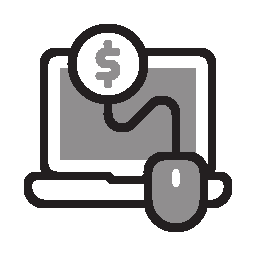
Benefits of Paid Search
Every second, tens of thousands of people are searching on Google for products, services, and solutions. This presents an incredible opportunity for you and your business to promote to a relevant and engaged audience that is actively looking to research or purchase products or services.
Some other forms of advertising, such as banner ads, are known as “interruption marketing.” This means that the person who sees the ad may not actually be in the market to buy something at this stage.
Paid search has the edge that by typing into a search engine, you know that the user has the intent to research or purchase. In pay-per-click marketing, there are many benefits, including tracking your goals, gaining rapid exposure, reaching your target audience, experimenting, and being more competitive.
Track Your Goals
As a business, you should always have a goal or two in mind when thinking about marketing strategies or campaigns. Your first goal may be as simple as attracting potential customers to your site. Tools such as Google Analytics can help you track your goals. You can see how your ads are performing in real-time. Additionally, you decide what needs to get done. This allows you to reach your goals more efficiently.
Get Rapid Exposure
Getting your brand out there quickly will allow you to speed up your site’s visibility. Platforms usually approve ads the same day, which provides maximum exposure almost immediately. This could be a text ad via Google search, an image ad through Instagram. Or even a video feature on YouTube. Using multiple platforms in different formats can increase your brand’s visibility.
Reach Your Target Audience
By using a program such as Google Ads, you can quickly and effectively reach your target audience. PPC helps you target the specific demographic that want to reach. You can even target individuals based on their behaviors and interests. Social media sites like Facebook can help you in getting your ad to the group of people that are most likely to convert into a sale.
Experiment
With pay-per-click, you have the ability to eliminate any aspects of your campaign that are not working to your business’s benefit. For example, if you’re between two different CTA’s, you can test both of them with other ads, and you’ll be able to see which performs best over a set period. This is the same concept, whether it’s your CTA headline, meta description, or your landing page.
Be More Competitive
In this day and age keywords are competitive. This means that if a business doesn’t have domain authority, it’s more challenging for them to reach their target audience or appear at the top of search results.
Nowadays, there are so many ads that organic search results appear in the middle of the search page instead of at the top. This is because many businesses are using PPC to gain exposure that they otherwise wouldn’t be able to access.
When you use paid advertising, it allows you to excel in competitive markets. You’re able to attract users that may not be aware of your company’s existence. You can promote marketing initiatives, get a higher rank on challenging keyword terms, and even improve the public’s awareness of your brand.
Essentially, PPC is a shortcut to reaching the top of your pool of competitors. If you perform optimally, pay-per-click will prove to be an integral part of your inbound marketing strategies.
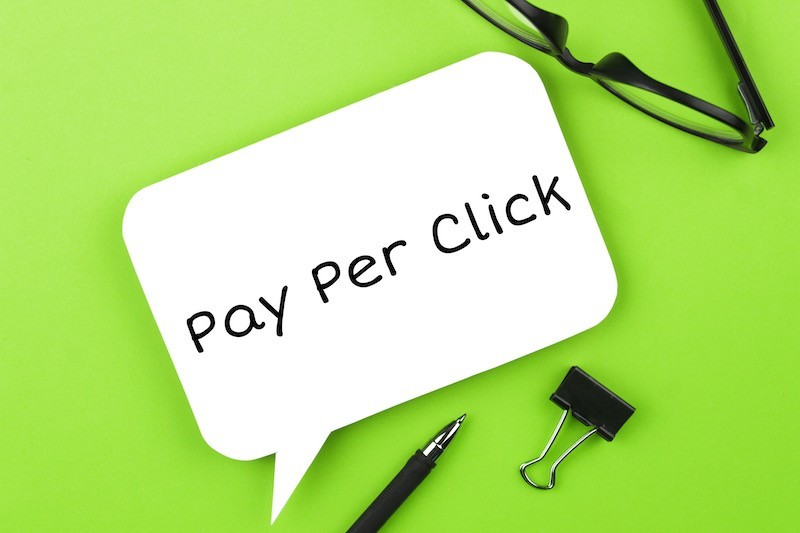
SEM vs. PPC
Search Engine Marketing (SEM) and Pay-Per-Click (PPC) are two terms that are often used interchangeably. However, there is a difference between the two of them.
SEM is an umbrella term that encompasses PPC. It includes activities that improve how easily search engines find websites.
SEM includes both paid and unpaid, PPC, or organic traffic. PPC is online advertising that works with search engines and other channels such as video ads (YouTube) and pictures ads (Instagram/Facebook).
Keywords in Paid Search Marketing
The first step in any search marketing campaign, including paid search, is keyword research. In paid search, bidding on the wrong keywords is like throwing your advertising budget out the window. This is why specialized keyword tools can be useful when creating a marketing campaign using paid search.
Negative Keywords
Negative keywords enable you to filter out search terms that aren’t relevant to your products and services. By using negative keywords, your ads won’t show up for irrelevant searches. Using negative keywords to your advantage can save you a lot of money in wasteful clicks in the long run.
Be Specific
It’s also worth paying special attention to the long-tail search terms. Long-tail keywords are longer, less frequently used keyword phrases. They can add up to a greater volume of visits than the few most common keywords.
Long-tail keywords tend to show a high degree of intent. Therefore, they can be excellent candidates for your paid search campaigns. For example, it’s a justified assumption that someone who searches for “organic dog food free shipping” is farther along in the buying cycle than someone who searches for “dog food” alone.
Staying Relevant
It is important to make sure your keywords match the text of the landing pages to which you are linking. This will benefit you in the long run and keep you from getting into trouble with search engines.
Google keeps a close eye on that accuracy and keeps the least honest marketers from earning links to irrelevant pages. Earning irrelevant links results in consequences from search engines. This will hurt your business a lot more in the long run.
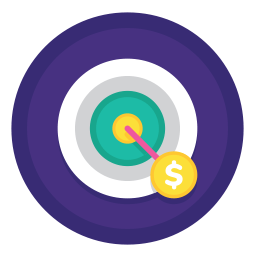
Improve Your Paid Search Marketing
Does advertising on Google feel overwhelming? Get the experts from SEO Design Chicago to help you manage your Google Ads and learn along the way. We offer several digital marketing services including paid search and Google Ads, social media advertising, and pay-per-click advertising. Contact us today to learn more about improving your paid search marketing efforts.
FAQ:
- What is paid search advertising?
- Why should my business use PPC?
- What are the benefits of PPC?
- How does paid search use keywords?
- How can I use paid search for my business?
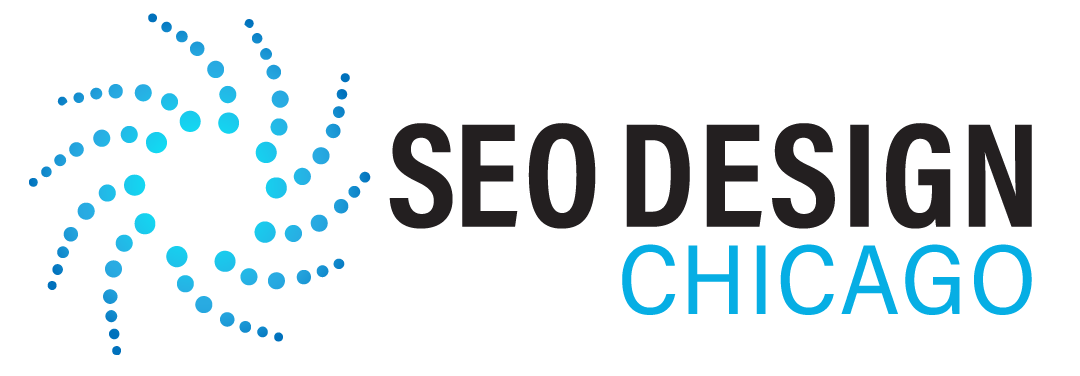
Contact Us Today!